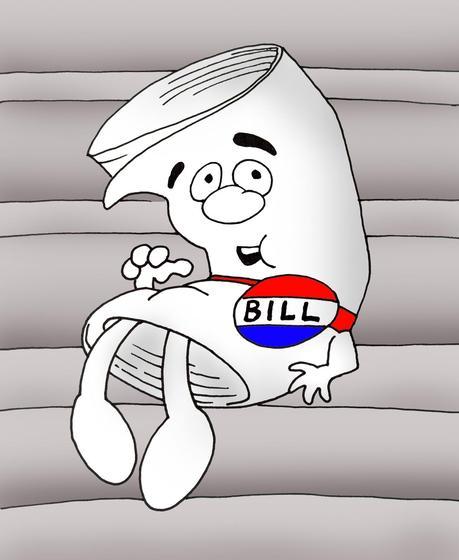 Following quickly on the heels of Joe Biden's meeting with representatives from the games industry - which turned out to be far less of a gaming witch hunt than I thought - two bills have been presented to congress that would directly target the sale of "violent video games" in the United States. Both of them have two different approaches, one that is certainly more easily understood than the other.
Following quickly on the heels of Joe Biden's meeting with representatives from the games industry - which turned out to be far less of a gaming witch hunt than I thought - two bills have been presented to congress that would directly target the sale of "violent video games" in the United States. Both of them have two different approaches, one that is certainly more easily understood than the other.But the big question is, what do these bills mean for the games industry?
The first bill is fairly straightforward, in that it simply will "require ratings label on video games and to prohibit the sales and rentals of adult-rated video games to minors." It doesn't sound too far out there. The three major console manufacturers already require that their games go through the ESRB process, and while this may be difficult for a smaller, digitally distributed indie game, I feel like the bill has some merit with a few adaptations.
But I'm also torn on what this bill represents. I agree entirely with the spirit of the bill, as I'm in favor of not selling M rated games to those under 17, the bill carries far more meaning that just what is written. If this bill were to go through, so quickly after Biden's talks with the games industry following the Sandy Hook tragedy, it will be nothing less than Congress creating an image of "We're fixing the problem!!!". Meaning that, ipso facto, violent video games are to blame for real world violence. And as I have mentioned before, that's not something I can get behind.
The second bill is one that causes me to simply scratch my head, perplexed. A bill proposed by Missouri representative Diane Franklin is proposing a sales tax to discourage the sale of violent games. In this case, she is calling for a 1% sales tax(yes, one percent) in the state of Missouri on any game that receives a Teen, Mature or Adults only rating.
Okay, ignoring for the moment the fact that most Teen rated games contain no violence at all, I fail to see what Diane Franklin is attempting to accomplish here. If someone want's Call of Duty, it being priced at $60.60 instead of an even $60 isn't going to stop them. At best, this is an arbitrary tax to simply increase awareness that such games contain violent content. At worst, this is riding the coattails of controversy in order to increase revenue. What the actual goal is, who knows?
Based on what I gather from people who know far more about American politics than I do, these bills are both unlikely to pass. This hasn't been the first attempt from the government to go after violent video games, and I doubt it will be the last. All I can hope is that cooler heads prevail, and we begin to deal with some of the real issues behind these tragic events.

